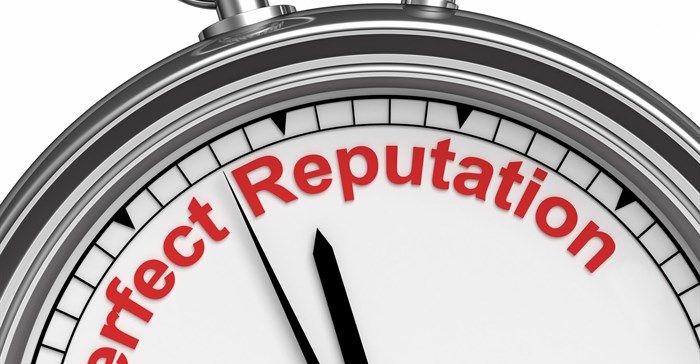Reputation management in Africa study

The research results were presented at APRA’s 31st annual conference, hosted in Kigali, Rwanda on Tuesday. With the theme, Africa and Storytelling: Changing the Narrative, APRA 2019 brought together thought-leaders and practitioners in the communication and marketing arena from across the continent to learn more and share best practices about storytelling; a powerful public relations (PR) tool, and how ethical storytelling can help change the narrative of Africa.
The ethics and reputation study surveyed 225 CEOs, executives, directors, senior management and public relations individuals across Africa, with the overarching goal to better understand how ethics and reputation play a role in daily lives and on a business and country level.
“The results, which were presented at the APRA conference yesterday, highlighted that ethics are perceived to be principles of good behaviour, rules, standards, and values. On an individual and organisational level, ethics and reputation are of the utmost importance and form part of storytelling and shaping a realistic narrative,” said Yomi Badejo-Okusanya, president of APRA.
Positive storytelling
Regine le Roux, managing director of Reputation Matters, who presented the results at the conference, commented: “It is apparent that to facilitate positive storytelling, ethics and reputation need to be communicated on all levels in a business environment. The research found that there is a disconnect between how top management (CEO’s and directors) perceive ethics and reputation versus junior and senior managers; top management scored their organisations’ ethical practices 12% higher than junior and senior managers did. Also, leaders need to be the example in all business dealings and ethics should be the invisible driving force in all business matters.”
Participants were asked whether they regarded their own country to be ethical? “The results are clear - respondents do not feel that ethics is the driving force on a country level, which scored an average of only 39%. Participants also feel that African countries do not consider ethics when it comes to financial management and service delivery. The main ethical compromise is corruption at government level,” added Le Roux.
Botswana was again voted as being perceived to be the most ethical country in Africa, with the host country, Rwanda, coming in second. “What is very interesting about this finding is that participants from Botswana only made up 4% of the respondents who participated, highlighting the importance that reputation is strongly influenced by perceptions of stakeholders,” reiterated Le Roux.
“Now, more than ever before, leaders of countries have the responsibility to lead by example in order to influence the narrative and drive the way that stories are told on the African continent. Ethics should be part of every individual’s, organisation’s and country’s DNA and needs to be communicated from the top down, on all levels in order to have a positive effect on storytelling,” said Badejo-Okusanya.
“Leaders, CEO’s and directors are urged to become the custodians of ethics and reputation which will, in turn, have a positive impact on the narrative of the African continent. It is vital to enhance Africa’s narrative, as this will have a positive impact on the continent’s reputation. This will ultimately impact foreign investment and tourism which is the catalyst for economic growth,” concluded Badejo-Okusanya.
APRA assists in setting standards, creating and enabling a professional environment for accurate perception, goodwill and understanding of necessary and effective PR practices.








